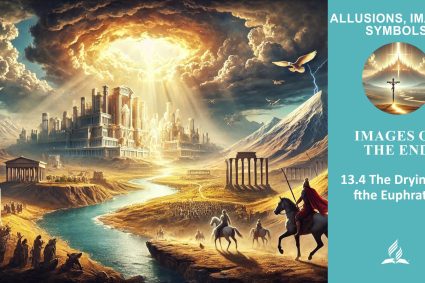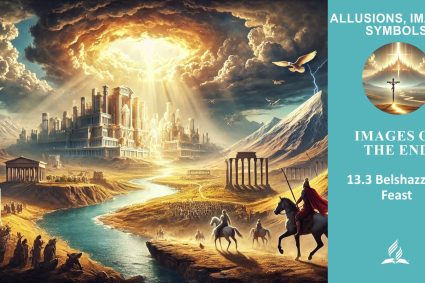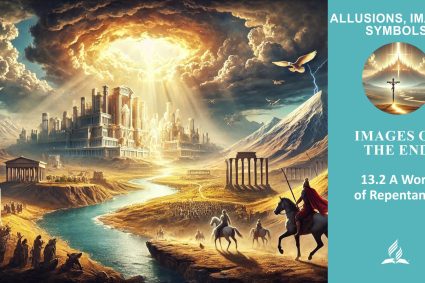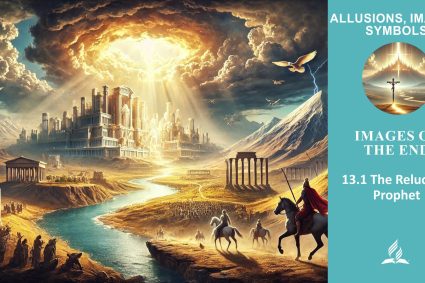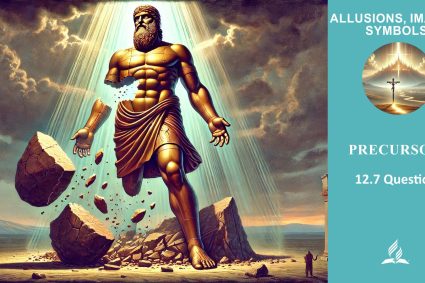


7.4 Praise to the Majestic and Merciful God
Read Psalm 113 and 123. What two different aspects of God’s nature are depicted in these Psalms?
Psalm 113 and 123 depict two different aspects of God’s nature: His exaltation and His grace.
-
Exaltation of God: Psalm 113 emphasizes God’s exaltation and His superior position above all that exists. His name is praised, and His throne stands high above the nations and the heavens themselves. The statement “Who is like the LORD our God” attests to the uniqueness and superiority of God over all other powers. This exaltation of God is illustrated by His transcendence – He dwells in unreachable heights, yet He lovingly looks down on the needy and the poor.
-
Grace of God: Even though God reigns in His exaltation high above the heavens, Psalm 113 shows that His grace and mercy are not separate from His exalted position. He stoops down to turn His attention to the needy and the poor, and His generous hand is not hidden. This grace of God is expressed in His willingness to engage with the world and to save the oppressed. Despite His majesty and superiority, God is a gracious Creator and Sustainer who cares for and loves His servants.
Overall, Psalm 113 and 123 show that worship is motivated not only by the exaltation of God but also by His goodness and grace. The greatness and mercy of God find their perfect manifestation in Jesus Christ, who humbled Himself to uplift humanity. Therefore, we have every reason to praise and worship God for His marvelous deeds, especially for the gift of redemption through Christ on the cross.
Reflect on the cross and what happened there for you personally. What has Jesus saved you from? Why is it very important to keep the cross in mind continually?
The cross is a central and meaningful aspect of my faith. It is the place where Jesus Christ gave His life for me and for all humanity to redeem us from the power of sin and death.
Jesus has saved me from eternal judgment and separation from God caused by my sin. He has saved me from a life without hope and purpose, instead giving me forgiveness, reconciliation, and a new life in communion with God.
It is important to keep the cross in mind continually because it:
-
Reminds us of God’s love: The cross is the ultimate sign of God’s love for us. It shows us that God loves us so much that He gave His only Son for us so that we may be saved through His death. The cross reminds us that we are loved, valuable, and accepted by God, regardless of our mistakes and weaknesses.
-
Reminds us of the importance of forgiveness: At the cross, Jesus bore the sin of the world and offered us forgiveness. It reminds us that we are all sinners in need of forgiveness, but also that this forgiveness is possible through faith in Jesus Christ. The cross calls us to live a life of forgiveness and grace, both towards others and ourselves.
-
Reminds us of the hope of eternal life: The cross is not the end but the beginning. Jesus rose from the dead and gave us the hope of eternal life. By keeping the cross in mind, we remember that death is not the final word and that through faith in Jesus Christ, we can have eternal life with God.
In summary, it is important to keep the cross in mind continually to recognize and appreciate God’s love, the importance of forgiveness, and the hope of eternal life. It reminds us of the heart of our faith and that Jesus Christ is the way, the truth, and the life.

Psalms 113 and 123 reveal various aspects of God’s nature that influence our daily lives and faith. They emphasize both the exaltation and the grace of God. The exaltation of God is depicted through His greatness and the lofty position of His throne, while His grace is expressed in His merciful willingness to engage with the world and save the needy. These Psalms remind us that despite His transcendent height in the heavens, God still takes part in our lives and cares for the needs of those who call upon Him. Ultimately, they motivate us to worship and praise God not only for His glory but also for His goodness, as most clearly exemplified in Jesus Christ, who humbled Himself to uplift and save us.
(Visited 28 times, 1 visits today)
















